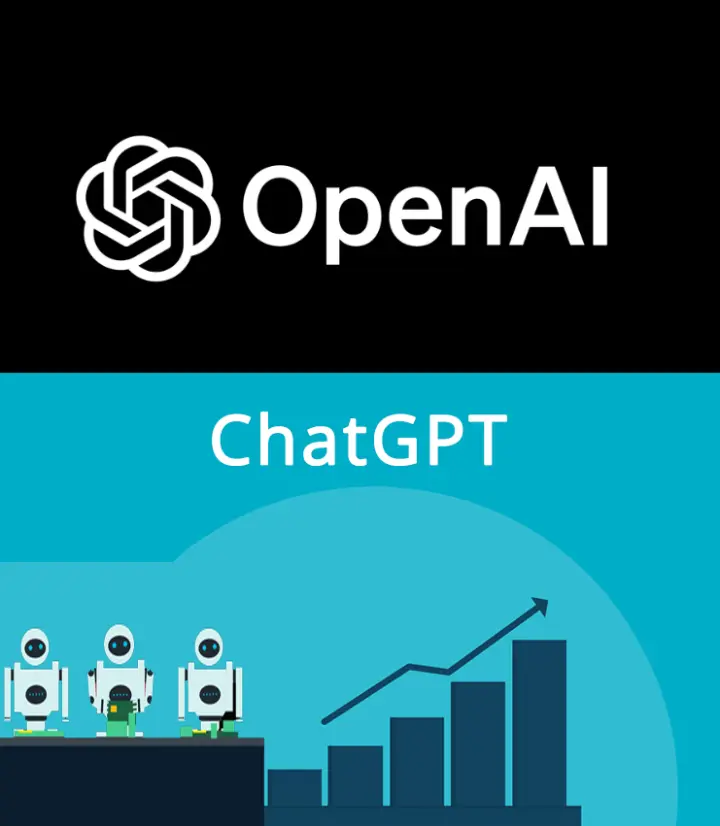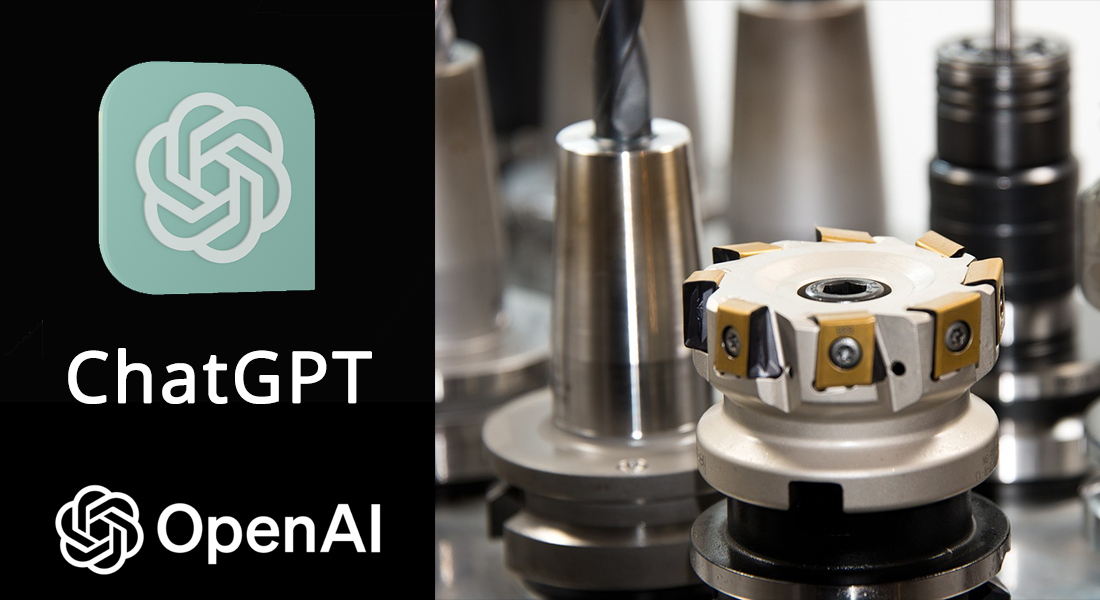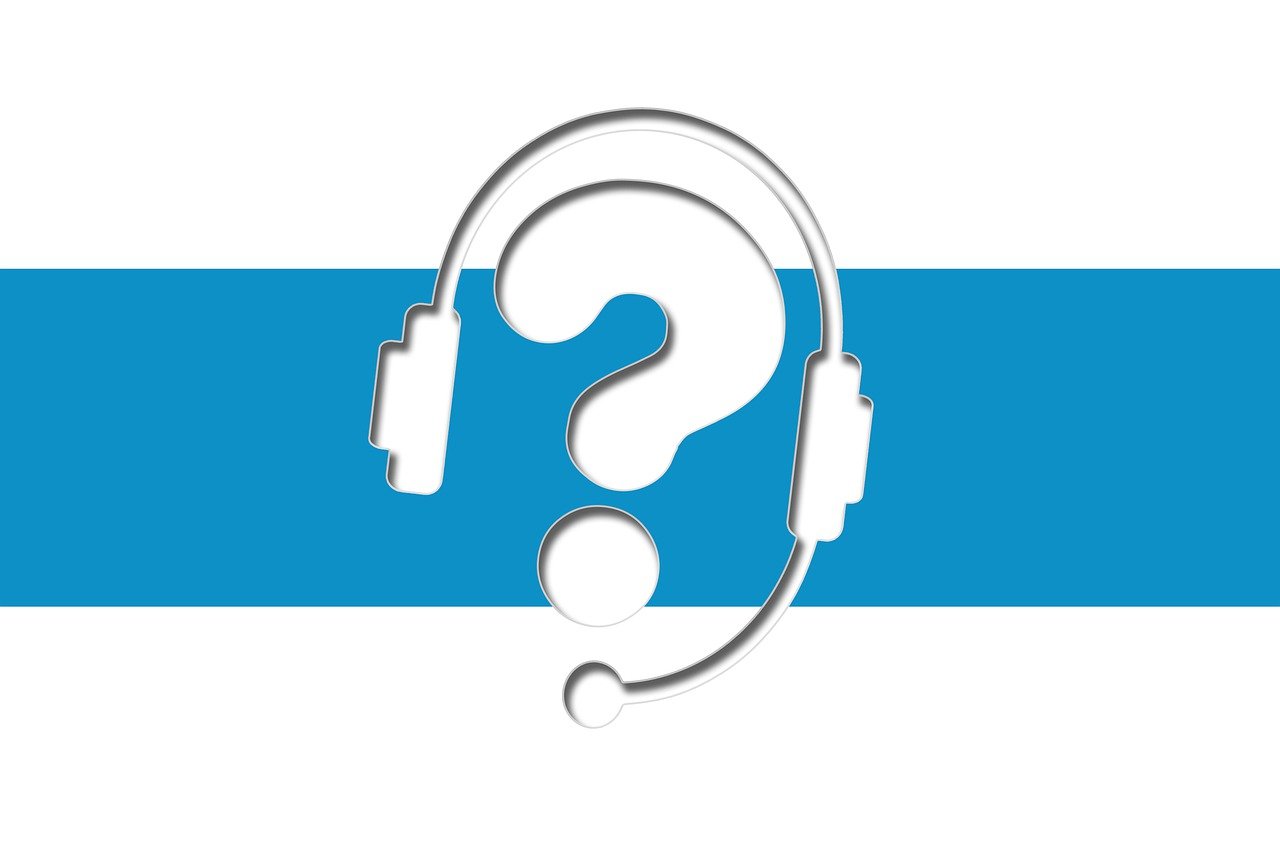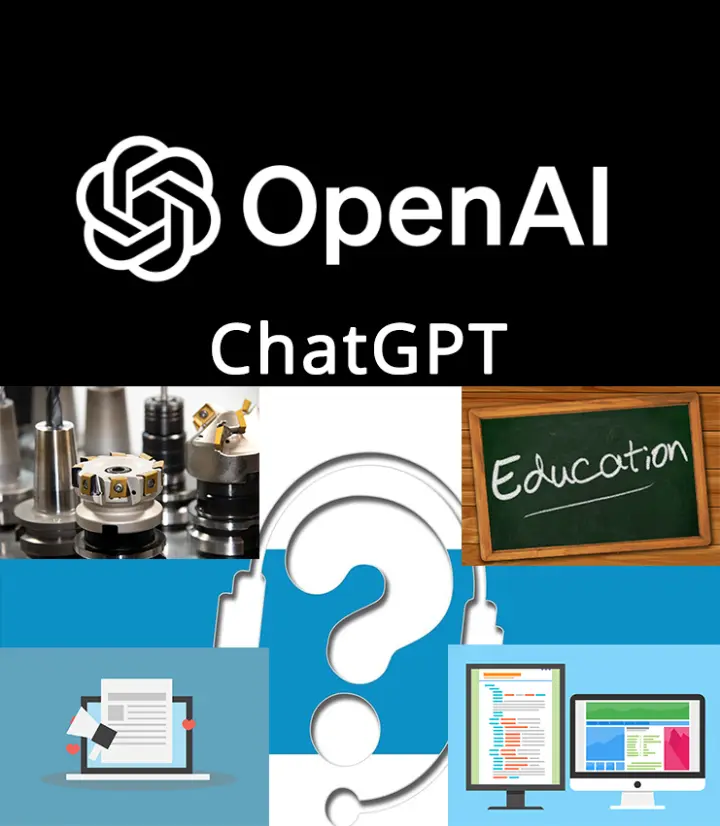ChatGPT, developed by OpenAI
ChatGPT: A Revolutionary AI Tool Transforming Industries
Introduction
ChatGPT, developed by OpenAI, is one of the most significant breakthroughs in the field of artificial intelligence (AI). This cutting-edge AI technology enables users to engage with machines in a conversational manner, generating human-like text responses. Built on the powerful Generative Pretrained Transformer (GPT) model, ChatGPT is designed to understand and generate responses that mimic human interactions. In this article, we will dive deep into ChatGPT's uses, its comparisons with other AI tools, and the profound impact it is having across industries.
ChatGPT in Different Industries
ChatGPT in Education
ChatGPT has incredible potential in the education sector. It serves as an on-demand tutor, offering real-time support for students with homework, explaining challenging concepts, and even quizzing them. Teachers can also leverage ChatGPT to generate lesson plans, find in-depth explanations of complex topics, and initiate engaging discussions that aid in student understanding. Imagine a student turning to ChatGPT for help in solving a difficult math problem or to grasp a challenging science concept.
ChatGPT in Customer Service
The customer service industry has seen a dramatic transformation thanks to ChatGPT. Many companies have integrated this AI assistant into their support systems to provide quick and accurate responses to customer inquiries. For instance, a major e-commerce platform may use ChatGPT to instantly address questions about shipping times, product details, or return policies. This improves customer satisfaction, reduces wait times, and provides accurate information 24/7, making ChatGPT a valuable asset for businesses.
ChatGPT in Content Creation
In the world of content creation, ChatGPT has emerged as a powerful tool for marketers, bloggers, and businesses. From generating blog post ideas to writing social media content and crafting email templates, ChatGPT helps creators save time while producing high-quality material. For example, a digital marketing agency could use ChatGPT to draft compelling social media posts that resonate with their audience, or even brainstorm blog topics based on trending keywords.
ChatGPT in Programming Assistance
ChatGPT has become a helpful companion for developers and programmers. It can provide solutions for coding problems, explain programming concepts, and suggest improvements for existing code. For example, a developer working on a project might ask ChatGPT for debugging assistance or code optimization suggestions, making it a go-to resource for both novice and experienced coders.

Comparison with Other AI Tools
While ChatGPT is groundbreaking, it’s important to note that it’s not the only AI assistant in the market. Competitors like Google’s Bard and Anthropic’s Claude offer unique features. However, ChatGPT stands out due to its versatility, its ability to understand context, and its natural conversational flow. Unlike Google Bard, which focuses more on search-related queries, ChatGPT can engage in open-ended conversations on a wide variety of subjects.
A key differentiator is the GPT-4 model behind ChatGPT, which outperforms earlier versions. With improved reasoning, creativity, and accuracy, GPT-4 offers a deeper understanding, making it the preferred choice for tasks that require multi-step problem-solving and advanced reasoning.

Impact of ChatGPT on Industries
Streamlining Business Operations
ChatGPT is transforming industries by automating repetitive processes, improving productivity, and revolutionizing workflows. In the business world, ChatGPT reduces the need for human involvement in tasks like answering frequently asked questions or sorting through customer service tickets. By automating these tasks, businesses can free up resources to focus on more complex tasks that demand human creativity and expertise.
ChatGPT in Healthcare
In the healthcare industry, ChatGPT could assist by providing medical summaries, answering common medical questions, and even offering second opinions based on existing data. While it cannot replace medical professionals, it can serve as a supplementary tool for research, helping doctors with decision-making and time management.
ChatGPT in Marketing and Advertising
For marketing and advertising professionals, ChatGPT is a game-changer. It automates content creation, provides reports, and offers insights into consumer behavior. This enables marketers to focus on developing effective strategies and innovative campaigns while ChatGPT handles repetitive content creation tasks.

Real-World Example: ChatGPT in Action
One of the most remarkable real-world examples of ChatGPT's impact is its use in customer service. A leading e-commerce company integrated ChatGPT into their customer support platform. This allowed the company to drastically reduce the average response time from 20 minutes to mere seconds. By handling repetitive queries, ChatGPT allowed human agents to focus on complex customer issues, improving the efficiency of the overall service.
Challenges and Ethical Considerations
Despite its impressive capabilities, ChatGPT does come with its challenges. One major concern is misinformation. Since ChatGPT generates answers based on the data it has been trained on, it may occasionally provide incorrect or outdated information. For example, if a user requests medical advice, ChatGPT might offer general suggestions, but it’s essential to consult medical professionals for specific, tailored advice.
Another concern is bias in AI. Because ChatGPT learns from large datasets, it may unintentionally reflect societal biases present in the data it has been exposed to. OpenAI is committed to continuously improving fairness and reducing biases in ChatGPT to ensure the AI provides unbiased and equitable responses.
The Future of ChatGPT
The future of ChatGPT looks promising. As AI technology continues to evolve, ChatGPT is expected to improve in understanding nuanced human interactions and delivering more personalized experiences. We may see ChatGPT becoming an integral part of industries like healthcare, education, finance, and entertainment, where it will be used to support daily operations and facilitate decision-making.
Additionally, specialized versions of ChatGPT tailored to specific industries (e.g., legal assistants or financial advisors) could further enhance its value and expand its application.
Conclusion
In conclusion, ChatGPT represents a game-changing advancement in artificial intelligence. Its applications span across multiple industries, from customer service and content creation to programming assistance and healthcare. Although it faces challenges like misinformation and bias, its ability to enhance productivity, streamline workflows, and improve industry operations cannot be denied. As ChatGPT continues to evolve, it will undoubtedly play a vital role in shaping the future of human-AI interactions, making it an indispensable tool in a wide range of sectors.

